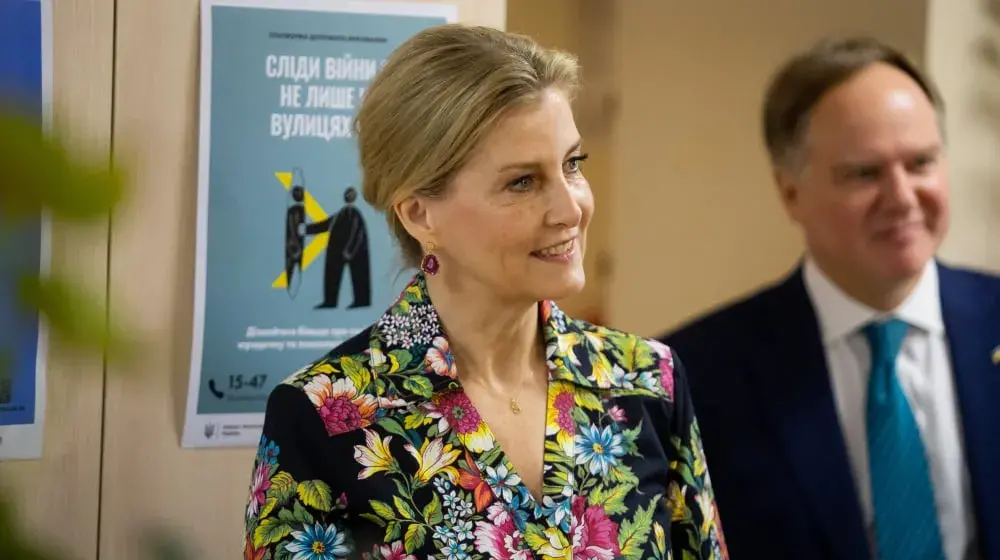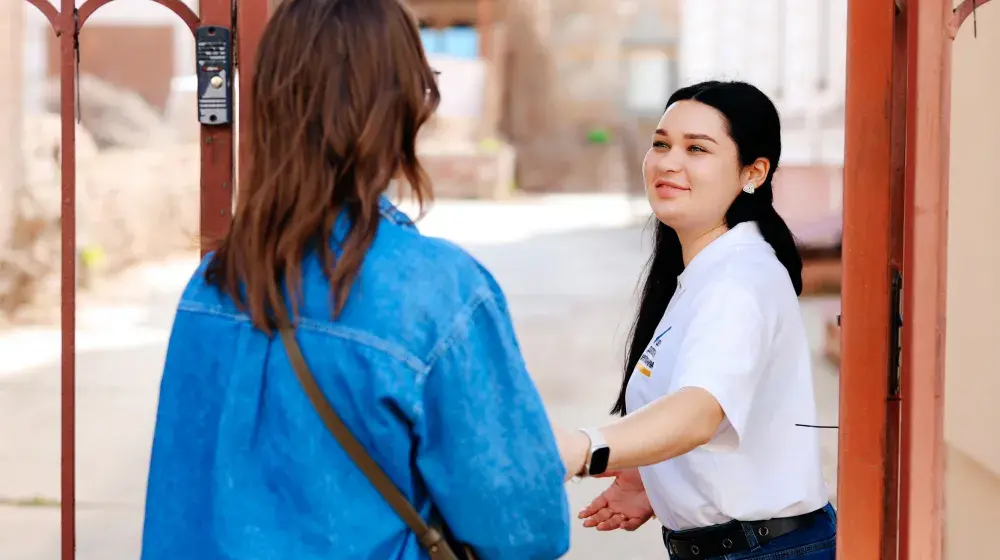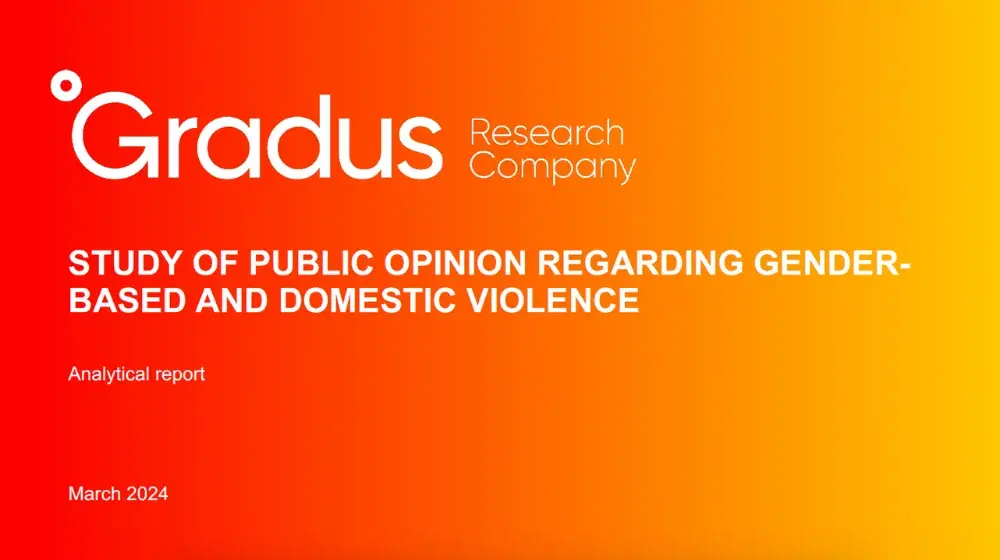National Seminar on the results of mobile teams’ work and future prospects of the project withheld in Kyiv
3-4 February UNFPA together with the Ministry of Social Policy and "Ukrainian Foundation for Public Health" held the National Seminar for UNFPA humanitarian project partners and implementers to present the first results of mobile teams’ work and discuss the prospects for further implementation of the project.
Since 2015 UNFPA together with partners implements a large-scale humanitarian project "Strengthening humanitarian response to the need of most vulnerable women and female adolescents affected by armed conflict in Eastern Ukraine through multi-sectorial prevention and response to GBV and access to SRH services" in five eastern regions the most affected by the conflict.
Welcoming the participants, Deputy Minister of Social Policy of Ukraine, Serhiy Ustymenko, thanked all the project partners and members of mobile teams and noted: "Unfortunately, traditionally girls and women are among the most vulnerable population during the conflicts. Under conditions of decentralization, difficult economic situation, increase in violence due to the ongoing conflict this project is extremely important. Its special value lies in the consolidation of efforts among the various partners. The Ministry of Social Policy is ready to make every effort to ensure the sustainability of mobile teams’ work. "
UNFPA humanitarian project includes a set of activities that help communities and the authorities to give an effective response to the increase of violence against women. 21 mobile teams, comprised of professional psychologists and social workers, operate in eastern regions to provide psycho-social support to people traumatized by observed or experienced violence.
Participants of the seminar discussed the benefits of collaboration of mobile teams with social services for families, children and young people, and worked on possible ways of strengthening this cooperation and improving communication between all service providers.
Commenting on the first results of the project, UNFPA Representative in Ukraine, Caspar Peak, emphasized: "Unfortunately, many women and girls experience violence without seeking help. Statistics show that 1 in 5 women at least once in their lives experienced violence, but majority of them are not ready to ask for help. The project ultimately aims to break this silence and open new opportunities for women and girls suffering from violence. "
In their first months of operation, the mobile teams provided help to over 2700 survivors of gender-based violence. Almost all (85 per cent) of the clients were female, most between 25 and 36 years old. Their cases reconfirm that gender-based violence stays vastly underreported, as two out of three women never before revealed incidents of violence to any service providers. Mobile teams provide much needed psychological counselling and create safety plans with relevant service providers, or take other actions to ensure the client’s safety.





